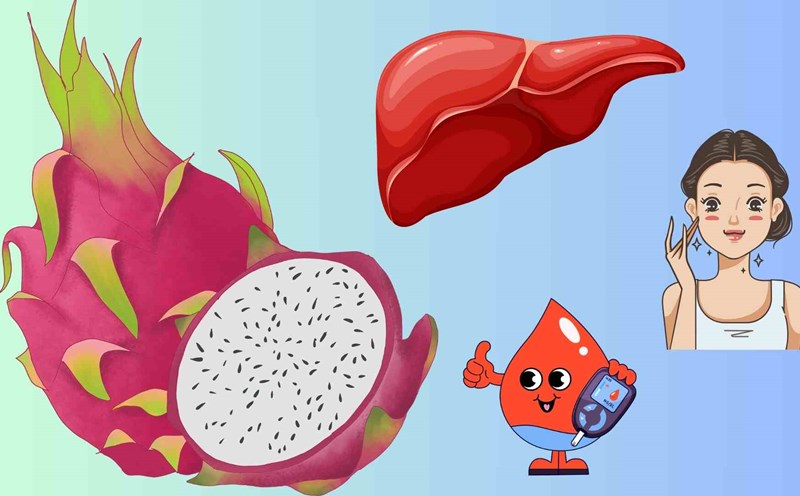How do foods directly affect mood?
According to Harvard Health Publishing, about 95% of serotonin - the neurotransmitter that affects mood - is produced in the gut. This shows that food is not only nutritious but also has a strong emotional impact. A diet rich in fiber, whole foods, and antioxidants helps reduce nervous system inflammation and improve brain function.
The Mediterranean diet helps reduce the risk of depression
A study published in Frontiers in Nutrition analyzed more than 20,000 adults and showed that people who follow the Mediterranean diet - including green vegetables, beans, fish, olive oil and whole grains - have a lower risk of depression than those who eat a lot of processed foods. This is a eating model that helps reduce inflammation and balance nutrition for the brain.
Omega-3 and vitamin B play an important role
According to the Cleveland Clinic, omega-3s from salmon, mackerel, and flaxseed can help stabilize mood and improve brain function. Meanwhile, B vitamins - especially B6, B9 and B12 - support the production of serotonin and dopamine, two important substances in regulating emotions.
Fermented and probiotic foods improve the brain-enteral axis
Experts from WebMD say fermented foods such as yogurt, kefir, kimchi and kombucha help increase intestinal probiotics, thereby improving communication between the digestive system and the central nervous system. There is evidence that a healthy microbiome contributes to reducing stress and anxiety.
Conclusion:
Although not a complete replacement for medical treatment, a reasonable diet plays an important role in supporting mental health and reducing the risk of depression. Choosing nutritious foods, limiting sugar and processed foods, combined with a healthy lifestyle will help your mood become more stable every day.












